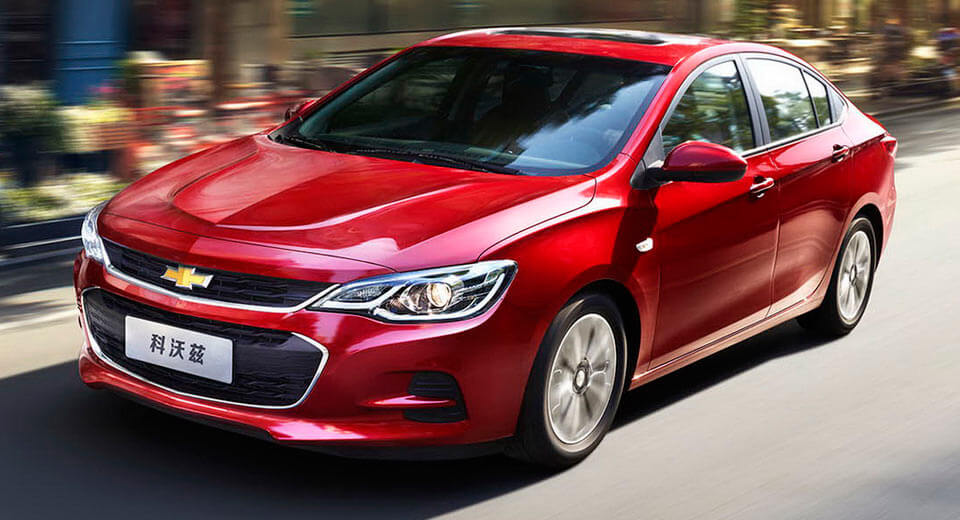China was quick to fire back at President Trump’s new tariffs by focusing on some 106 U.S. products, including cars, airplanes, soybeans, with a trade value of some $50 billion, equal to what the U.S. is planning.
The new tariffs mark a 25% tax increase on U.S. goods, although Chinese officials have yet to set a date for implementation, basically allowing for the ball to rest in the U.S. president’s court.
Still, even though the new tariffs aren’t yet in place, the markets took notice almost immediately, as reported by The Washington Post. On Wall Street, the Dow Jones industrial average fell by about 2%, while Hong Kong’s Hang Seng Index dropped 2.2%.
“If someone wants a trade war, we will fight to the end. If someone wants to talk, our door is open,” stated Chinese vice minister of commerce, Wang Shouwen.
So how does President Trump feel about this situation? This is what he tweeted out earlier today:
We are not in a trade war with China, that war was lost many years ago by the foolish, or incompetent, people who represented the U.S. Now we have a Trade Deficit of $500 Billion a year, with Intellectual Property Theft of another $300 Billion. We cannot let this continue!
— Donald J. Trump (@realDonaldTrump) April 4, 2018
Aside from the trade deficit, the U.S. administration, says it also wants to tackle the issue of China forcing U.S. companies – that includes automakers too – share their technology with local partners in order to give them access to the market, something that results in the theft of trade secrets.
Meanwhile, according to Christopher Balding, an associate professor at the HSBC Business School in Shenzhen, the U.S. and Chinese tariffs might generate different results, seen as how China is willing to target products that could create political issues for Trump, specifically soybeans, automobiles and planes.
“Even though the numbers between China and the U.S. are comparable, it seems clear that China is trying to twist the knife. This is a warning that ‘we are willing to fight harder and inflict more pain than you are.”
General Motors also chimed in on the situation, releasing the following official statement:
We support a positive trade relationship between the U.S. and China, and urge both countries to continue to engage in constructive dialogue and pursue sustainable trade policies. We continue to believe both countries value a vibrant auto industry and understand the interdependence between the world’s two largest automotive markets.



